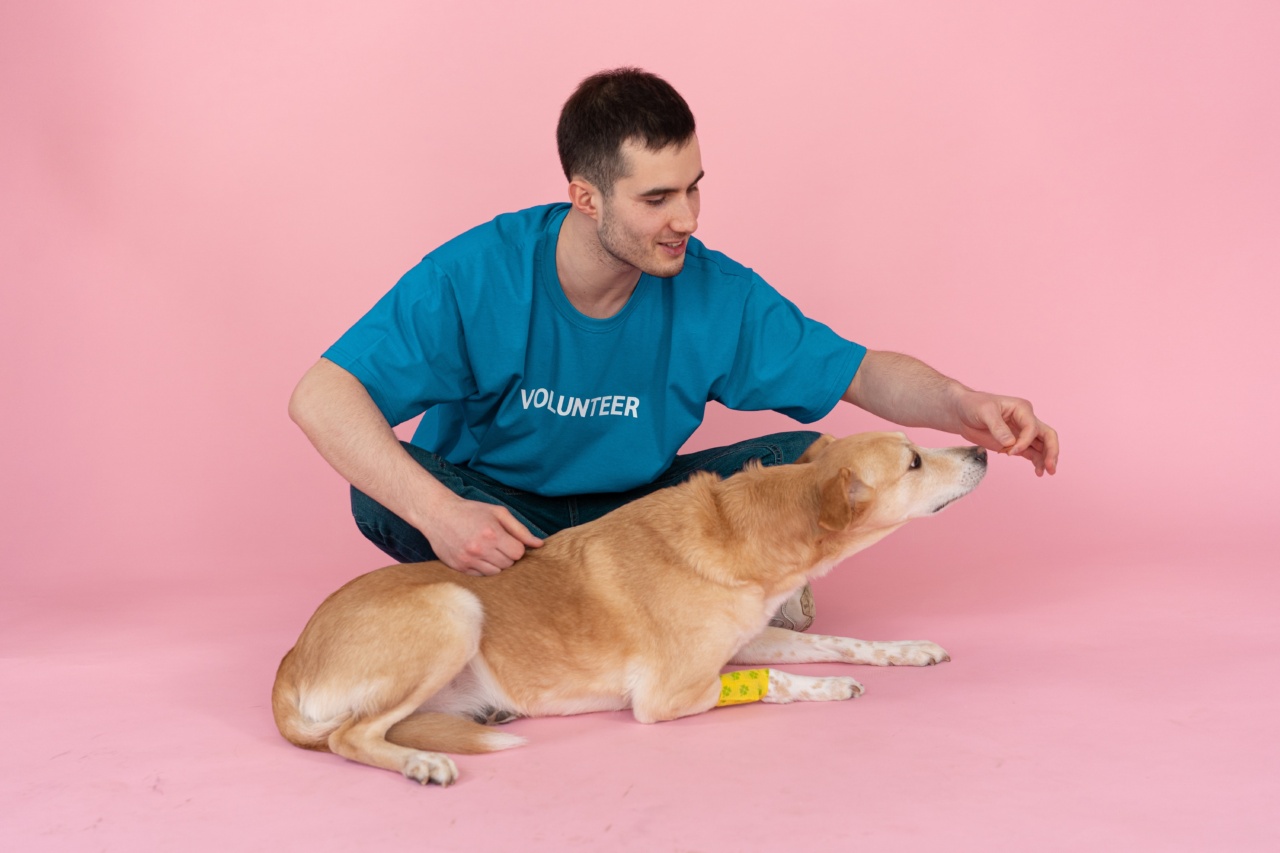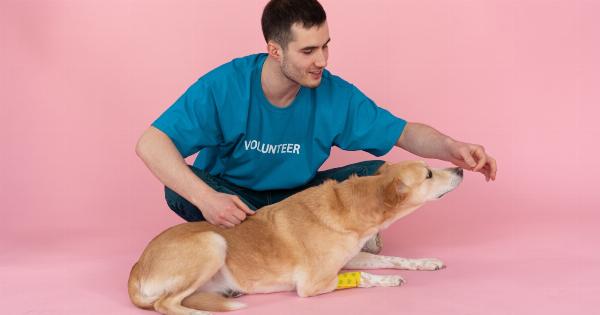Feeding your dog a raw food diet has become increasingly popular in recent years as many pet owners are looking for ways to provide a healthier and more natural diet for their furry friends.
While there are potential benefits to a raw food diet, there are also several dangers to consider before making the switch. In this article, we will explore the risks associated with feeding raw food to your dog and what you can do to mitigate those risks.
1. Risk of bacterial infections
One of the most significant risks of feeding your dog a raw food diet is the potential for bacterial infections. Raw meat and eggs often contain harmful bacteria such as Salmonella and E. Coli, which can cause serious illnesses in both dogs and humans.
Dogs can also pick up these bacteria from their environment, making it essential to handle raw food carefully and practice strict hygiene measures when feeding your dog a raw diet.
2. Risk of nutrient imbalances
Another concern with a raw diet is the potential for nutrient imbalances. Raw food diets often lack essential nutrients that your dog needs, such as calcium, phosphorus, and vitamin D.
Additionally, it can be challenging to ensure that your dog is getting the right balance of nutrients without the help of a professional nutritionist. Feeding your dog a poorly balanced diet can lead to significant health issues, including bone disorders, organ damage, and growth problems.
3. Risk of choking and blockages
Bones are often included in raw food diets, which can be a choking hazard and lead to intestinal blockages. Cooked bones are especially dangerous as they can splinter, causing damage to the digestive system.
Even raw bones can cause blockages if your dog swallows large pieces that they can’t digest. This can be a life-threatening condition that requires emergency surgery to correct.
4. Risk of a weakened immune system
Feeding your dog a raw food diet can also weaken their immune system. This is because cooked food is easier for your dog’s digestive system to break down and absorb nutrients from.
Raw food requires more energy to process and can cause stress on your dog’s digestive system. Over time, this can lead to a weakened immune system, making your dog more susceptible to illnesses and diseases.
5. Risk of contamination
Cross-contamination is a significant risk associated with raw food diets. Raw meat and eggs can easily come into contact with other foods or surfaces, leading to contamination.
This can be especially dangerous if you have young children or family members with compromised immune systems. It’s crucial to practice strict hygiene measures when handling raw food to prevent contamination.
6. Risk of cost
Finally, one of the practical concerns with a raw food diet is the cost. Raw food diets can be expensive, especially if you are feeding your dog high-quality, organic meats.
Additionally, you will need to invest in supplements to ensure that your dog is getting the essential nutrients they need for optimal health. This can add up quickly, making a raw food diet cost-prohibitive for many pet owners.
What to do if you want to feed your dog a raw food diet
If you are considering a raw food diet for your dog, it’s essential to do your research and consult with a professional nutritionist.
A qualified nutritionist can help you create a balanced diet that meets all of your dog’s nutritional needs. Additionally, it’s crucial to practice strict hygiene measures when handling raw food and to invest in high-quality meat from reputable sources.
If you do decide to feed your dog a raw food diet, it’s important to monitor them closely for any signs of illness or nutrient deficiencies and to make adjustments to their diet as needed.
Conclusion
While a raw food diet may seem like a healthier, more natural option for your dog, there are several risks and dangers to consider.
Bacterial infections, nutrient imbalances, choking hazards, and a weakened immune system are just a few of the potential risks associated with feeding your dog a raw food diet. If you do decide to try a raw food diet for your pup, be sure to research carefully and consult with a professional to ensure that your dog is getting all the nutrients they need while minimizing the risks associated with a raw diet.































